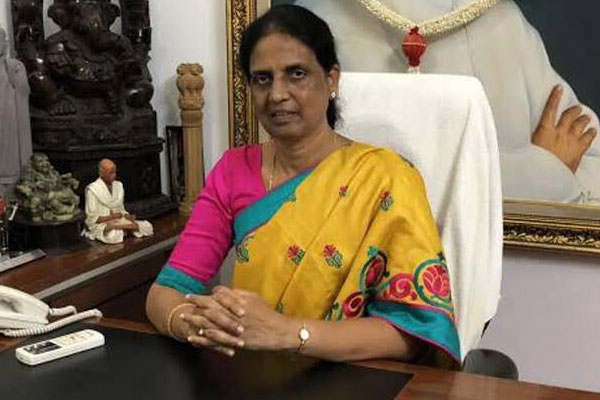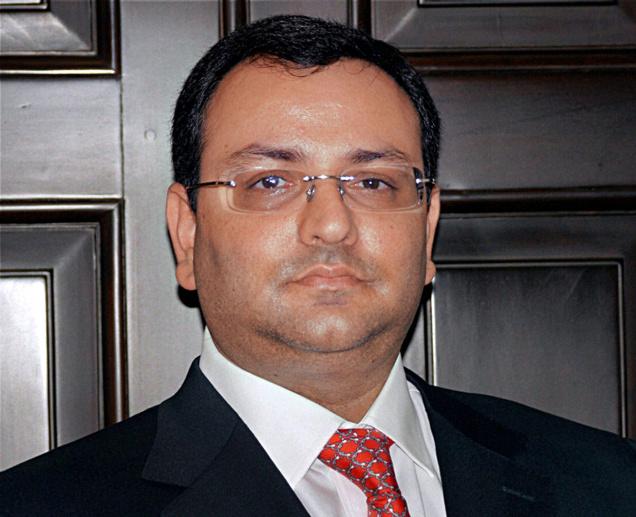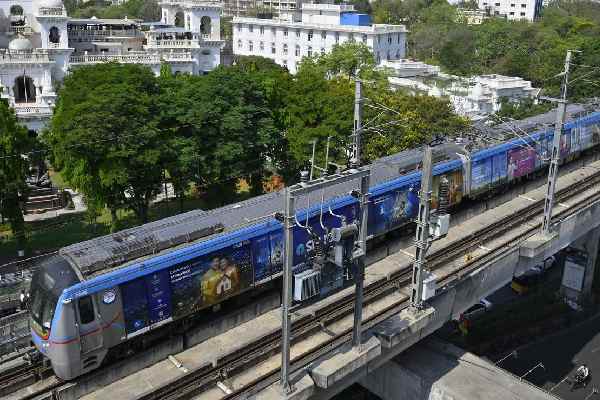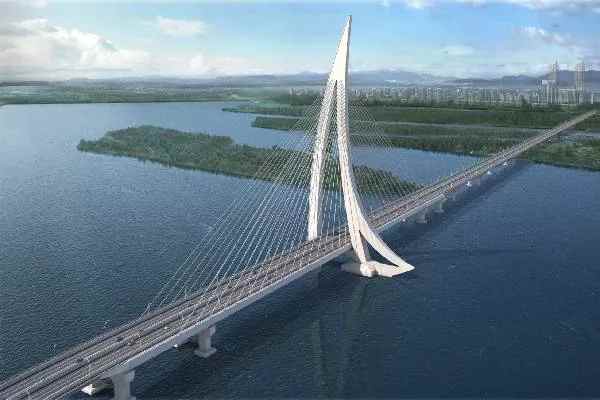Cyrus Mistry TATA
A part clue to the mystery behind Tata Sons’ surprise move on Monday to replace Cyrus P. Mistry as its Chairman could be traced to his background.
The 48-year-old Cyrus Mistry is the youngest son of Pallonji Mistry, whose construction firm Shapoorji Pallonji & Co is the largest shareholder of Tata Sons, with a stake of around 18 percent.
The Mistrys, like the Tatas, belong to the Parsi community, which came to occupy a predominant position in the economic life of Mumbai, and the country, since the time of the British rule.
Cyrus Mistry, on his surprise appointment in Tata Sons in 2012, had relinquished his position as managing director of Shapoorji Pallonji, to avoid any conflict of interest.
Till then, his father had been a passive investor in Tata Sons, although he sat on its board till 2006, when he retired and ceded the position to Cyrus.
Mistry took over from Ratan Tata at a time when some of the main companies of the group were facing tough operating environments, and his major challenge was to turn around the group’s international steel business and to consolidate other businesses.
The Irish-Indian businessman became the sixth chairman of the group and the second who did not have the name of Tata, after Nowroji Saklatwala. The Economist once described him as “the most important industrialist” in both India and Britain.
The man who talked about Tatas’ 2025 vision document had to leave within four years of taking the reins. The document talked about 25 per cent of world population being touched by Tata quality of life and that the group would become among the 25 most admired corporates and employers globally. If it does, it would be without Mistry, though.
In an interview to the Tata Group’s online platform last month, Mistry said that the high debt levels of some group companies should be seen in the context of business growth, increasing cash from operations and capital projects underway which would lead to future growth.
“As the group has been growing significantly in the past, the total capital employed has also grown. Proportionately, there has been an increase in debt,” he said in the interview.
In September, Tata Steel reported a 10-fold jump in its net loss to Rs 3,183 crore in the quarter ended June 30, as compared to a net loss of Rs 317 crore in the corresponding quarter last year.
“Loss from discountinued operations of Rs 3,296 crore was recognised on account of divestment of Long Steel UK Limited. The sale was completed during the quarter,” said the steel producer, adding the total comprehensive income for the period was a loss of Rs 2,833 crores due to the divestment.
Tata Steel UK is currently progressing with the divestment of the specialty steel business and the pipe mills in Hartlepool. The company said that it would continue discussions with industry players to explore options for a strategic collaboration through a potential joint venture.
On the company’s performance in India, T.V. Narendran, Managing Director of Tata Steel India and Southeast Asia, said: “Seasonal headwinds and a slowdown in a large steel consuming sector like real estate affected steel demand in the quarter. While the regulatory changes have helped stem the flood of imports, domestic supply has increased and added to the competitive pressure.”
Calling the move to replace Mistry as being done in the “long-term interest” of the company, the Tata Sons Board on Monday named Ratan N. Tata as the interim chairman and said a four-member committee has been formed to select the next chairman within four months.


































